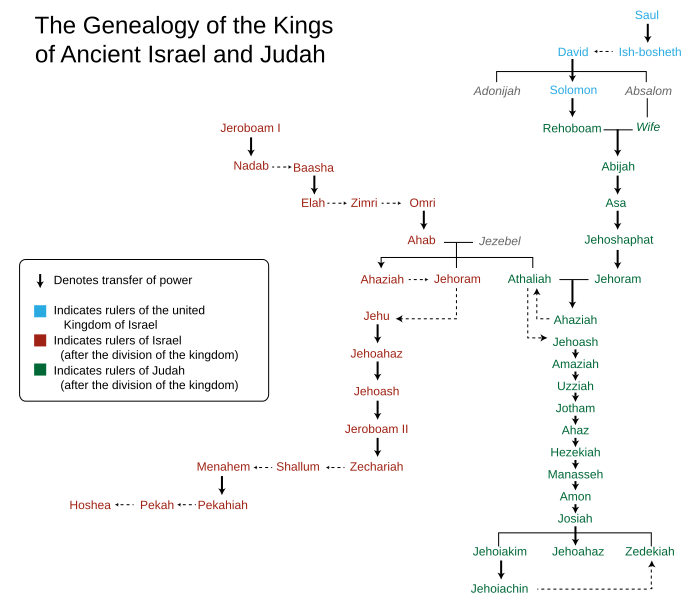Much like focusing on how the characters described in each book were real people that really walked this Earth, and committed the exact acts described in the Bible, I've found that recognizing that these lists describe our history opens up a wild thought process. These lists contain real people from history, and not just any random people, but people that come from our history. These people are our family from the past! This isn't just the genealogy of fictional characters, but the genealogy of our historic roots!
If anything, these lists of people after people could be the most interesting thing in the Bible! First of all, they can be used as proof for many of the characters in the Bible. By using other Ancient Near Eastern documents that also contain certain character names, we can validate certain people from the genealogies. The description of the character in the other documents could also contain information about family members, which almost always will parallel what has been recorded in the Bible. The genealogies are also a symbol of the eye for detail, or attentiveness to being correct for many of the authors. However, it should be noted that in some genealogies, the pattern isn't as we would expect. In today's time, we include every generation in a list. However, in the past, sometimes they would leave out certain generations due to length of life, or importance, e.t.c. This should not be used as proof that the lists aren't historically accurate.
Finally, these genealogies can also be tangible evidence that our religion does exist in the past, present, and future. We can look at these lists, and see God at work. These genealogies can be used as assurance that God truly has a plan, and is actively at work through the human race.
 |
| Bear Much Fruit |



